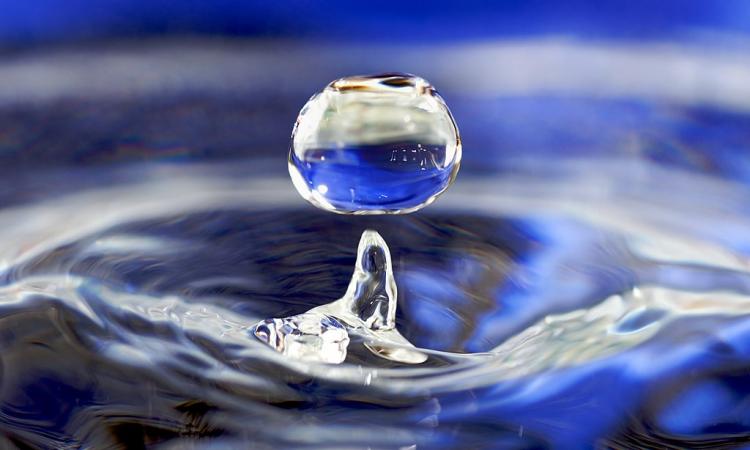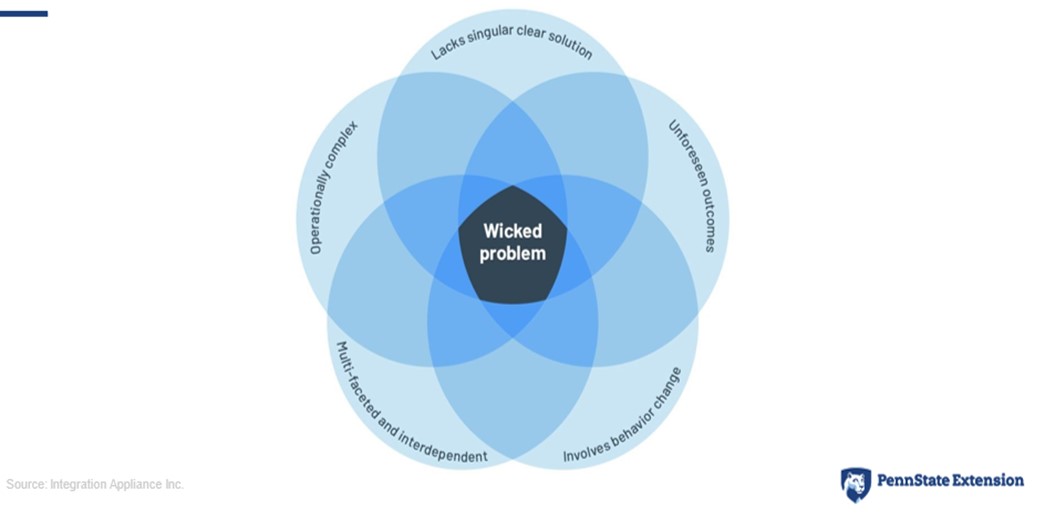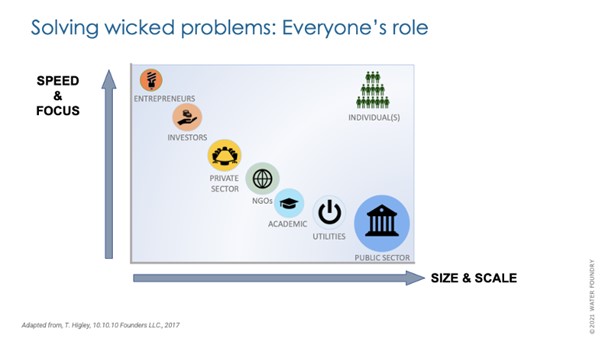
Wicked problems need congruent efforts by multiple stakeholders from multiple disciplines and approaches. The water crisis in India is evident and expected to grow with the increasing population and limited available resources. For many years, water, being a public good, was managed and governed by the active participation of government, academia, and NGOs. However, the key stakeholders, the entrepreneurs, were missing in finding and scaling the financially viable solutions. This scenario is changing.

In recent years, there has been increasing interest and awareness about the entrepreneurial availability and possibility of finding financially viable and scalable solutions to the growing market. The shining example is the growth of “RO systems'' and India's drinking water solutions market. The sector has grown tremendously with household demand and increasing capacity for paying for cleaner and potable water. Similarly, there are many other solutions, such as water recycling (Boson), better management of water bodies (Clean Water), metering water use (Kritsnam) etc, that are yet to break out of the incumbent stage and need the critical mass to grow.

We bring you a compilation of efforts by devoted entrepreneurs who are innovating solutions and attempting to scale with an active entrepreneurial mindset, the approach modern-day “young India” attempts.
Meter, Measure, Manage: Engineering a data-based approach for water conservation
Kritsnam an innovative startup, where engineering meets hydrology, founded by K. Sri Harsha focuses on developing accurate, easy to install, tamper-proof, and weather-proof smart water metering solutions to deal with the growing water crisis in India.
Since its inception in 2015, Kritsnam has been improvising on its metering devices by developing cost-effective and accurate digital water flow meters. They have custom-made devices for large capacity borewells and small household water usage. Their latest product “Dhaara Smart Meters” are leveraging emerging IoT technologies on top of the temper proof and easy to install metering device. Kritsnam has installed more than 3000 meters, majority of them (~2500) are for the industrial users and the rest are for pilot scale implementation for agriculture and household usage.
Floating forward: Entrepreneur's tryst for 'clean-water' bodies
Priyanshu Kamath, an IIT Bombay alumnus, pivoted from a lucrative corporate career to tackle one of India's most intricate water quality challenges, that of pollution of its urban water bodies. Leveraging his engineering background, Priyanshu conceptualised innovative solutions like "Floating Islands" and "Floating Aerators." Recognising the need for a bacterial solution to support these structures, he launched a line of beneficial bacterial products designed to combat eutrophication.
Clean-Water began fabricating prototypes at their Indore workshop and has since successfully installed them across various parts of India. You can know more about his products here. Priyanshu has installed Floating Islands on 18 water bodies, including lakes and rivers and worked in Indore, Ahmedabad, Bengaluru, Delhi, Tamil Nadu.
Water reuse: Panacea for parching cities (indiawaterportal.org)
Boson White Water sets an example for water starved cities such as Bangalore by following a sustainable decentralised approach to manage wastewater and treat it for reuse. Boson requires a space of 14 X 22 ft to set the plant up for which they pay Rs 7,500 as rent to the RWA. It additionally pays Rs 8/kWh to the RWA for the energy consumption at the plant. It invests Rs 28 lakh for equipment, taking on all the risks of the operations and looking at a recovery period of 4 years
Boson recovers 50-75 percent potable water from the treated water released by STP, and releases the remaining back to STP. It purchases the treated water from RWA for sale to industries. RWA now generates a monthly income, either through the rental income paid by Boson or through selling of the treated water totalling to about Rs 15000 at Rs 60/ tanker i.e. Rs 0.5 paise per litre, and saves Rs 3,00,000 on disposal costs.
Women shaping India’s water security through social enterprises| India Water Portal
Dr. Jagriti Dabas, who has a Ph.D. in Energy & Environment, an MSc in Geoinformatics, and a B.Sc. (H.) in Physics; is the founder of Arms4AI, a geo-AI platform for geospatial insights from space to be used in agriculture, environment, infrastructure, and defense.
Her startup has received support from INSPACE, DPIIT, STARTUP INDIA, MEITY, STPI, WEHUB, and AIM. Arms4AI already has a great client base, amongst which is the Government of Maharashtra, Kazakhstan government, Raipur Nagar Nigam, and DCM Shriram.
In our research of finding champions of decentralised water management in Bengaluru, we came across Sunil Mysore – a civil engineer by training and now a social entrepreneur trying to bring clean water and clean energy into everyone’s homes.
He informs, "I am a believer in de-centralisation. I believe that de-centralisation is the first step towards de-carbonisation. I am working on decentralised energy and water projects. Specifically, I design and install rainwater harvesting systems, rooftop solar power systems, rooftop agri-voltaic systems and rooftop bio-gas systems. There is a very strong water-energy-food nexus. This nexus gets stronger in the centralised model. In the de-centralised model, the nexus gets largely de-coupled. In simpler terms, we are trying to make systems like rainwater harvesting and solar energy simpler for people to adopt/implement".
"I have been doing plenty of DIY experiments about water, waste and energy but none of these are typical DIY systems unless it is done for hobby or school projects. But to implement Rainwater harvesting or Solar or waste solutions, we need a professional approach and solutions must be delivered on the ground like any other service, and it must be a workable, serviceable, robust solution. Fixing aerators or reducing pressure in the booster pumps can be a DIY idea. But making a recharge well or a RWH system needs professional help".
This is a compilation of our “Water-preneurs of India” series that shares monthly articles on the efforts made by entrepreneurs and their innovative start-ups to solve water-related challenges, and their experiences while delivering financially viable and scalable solutions.
/articles/finding-scalable-and-financially-viable-water-solutions